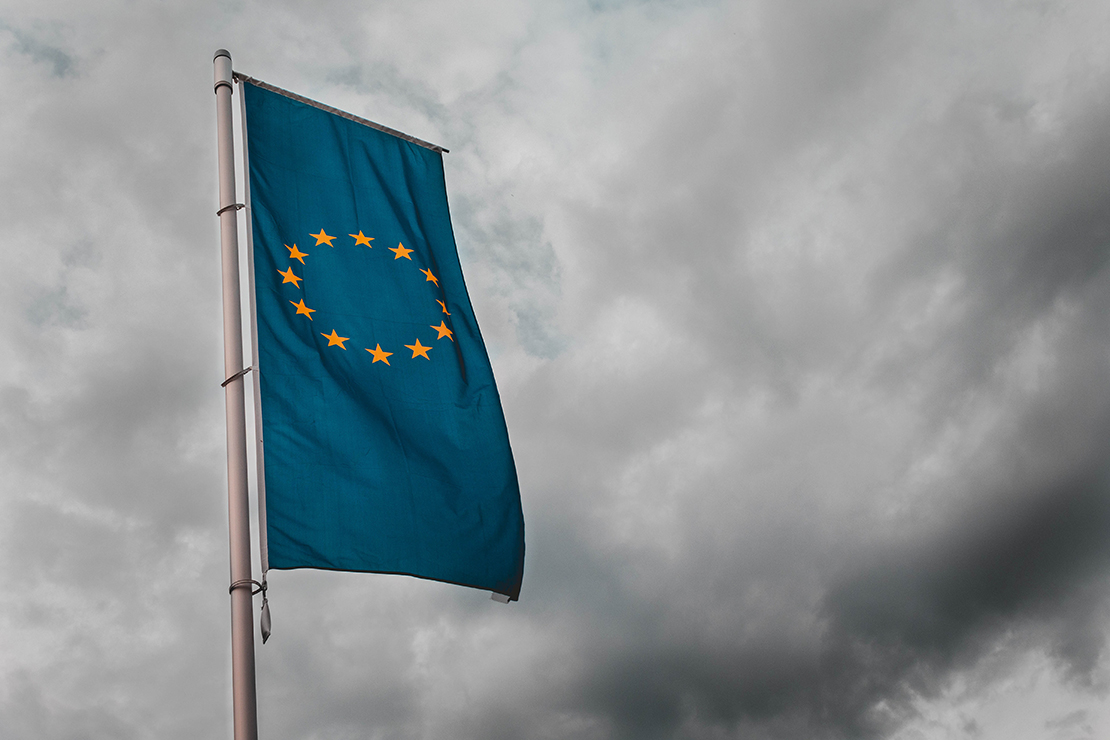The Franco-German European reform proposal’s impact on EU enlargement
September 30, 2018
Authors

Bárbara Matias
international and European integration issuesFrom a group of six in 1957, the European Union has since grown into a group of 28 diverse nation-states. As things now stand, the group is to be cut down for the first time due to Brexit and another critical enlargement is being bred. As external pressures mount, relations with key ally United States are strained and nationalist movements rise internally, French President Emmanuel Macron put forth a proposal on how to thrive forward.
In his 26 September 2017 speech in Paris, Macron asserted that “the Europe that we know is too slow, too weak, too ineffective; Europe’s problem is not a lack of public money, but a lack of reforms. (…) The only path that assures our future is the rebuilding of a Europe that is sovereign, united and democratic”. It thus triggered restoring discussions on how the EU itself needs to reform before the Balkans enlargement takes place, which is in turn linked to how the relations of the six Balkan countries as future fellow Member States will affect the, as-of-yet anticipated, EU33.
The Franco-German European reform proposal’s impact on EU enlargement

 Download PDF
30/09/2018
Download PDF
30/09/2018Share article
Latest Publications
April 24, 2024
Policy Analysis
Tracking Kosovo's Commitment: Monitoring Adherence to the Venice Commission Rule of Law Checklist in ...
April 8, 2024
Policy Analysis
Reflecting on the Third Year of Kurti II: Setbacks and Achievements in Rule of Law, Public Administr ...
March 22, 2024
Policy Analysis
Lost, “in the Twilight Zone” Rebutting the Court’s Blunder
Related Espresso Insights
March 4, 2024
Espresso.Insights
Passport Hangover: What’s next after Spain’s Kosovo breakthrough?

January 16, 2023
Espresso.Insights
Recognized but not supported: Hungary's stance on Kosovo's EU bid




